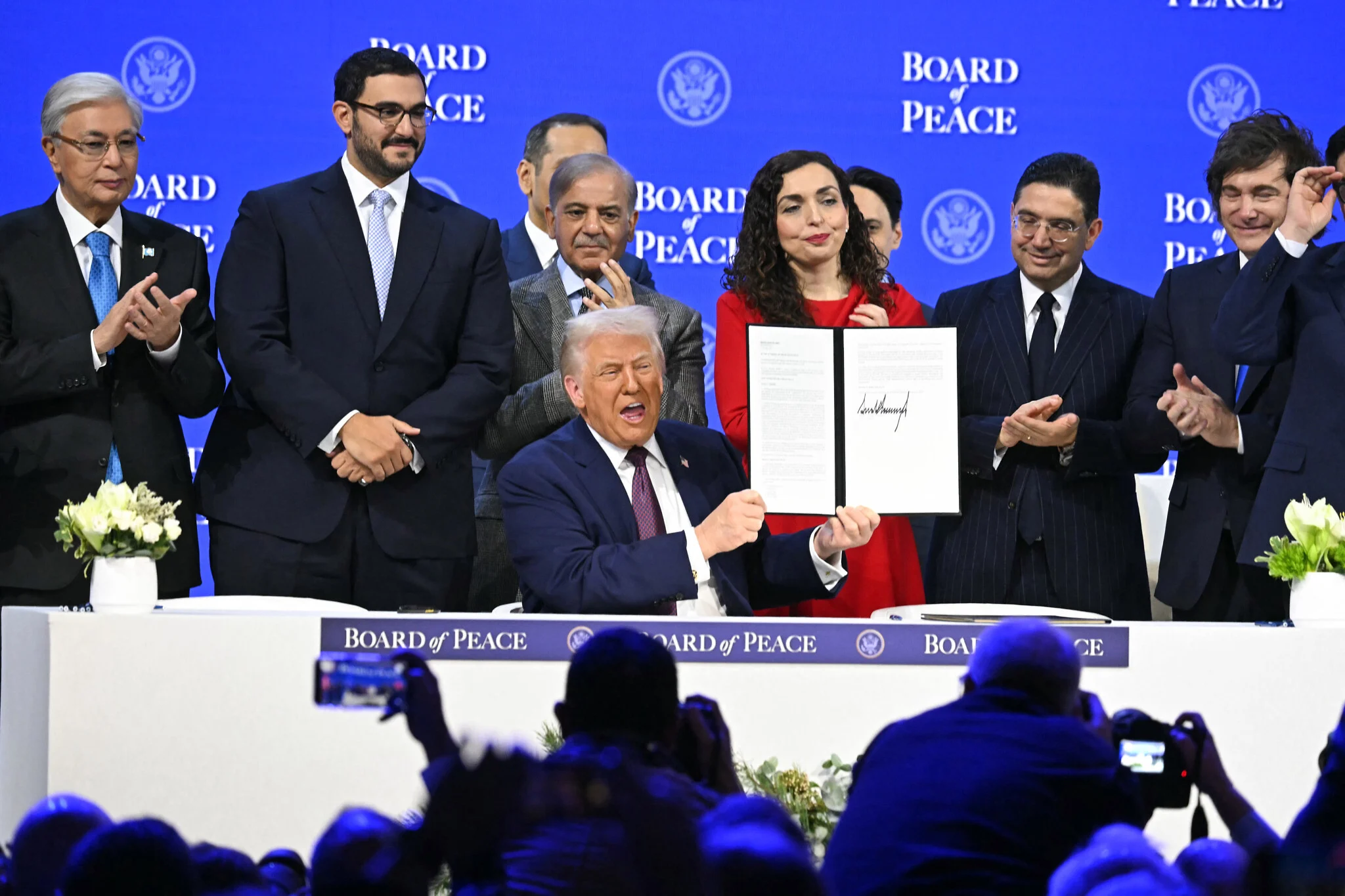Germany’s economy grew by 0.4% in the first quarter of 2025 compared to the previous quarter, double the initial estimate of 0.2%, according to revised data from the Federal Statistics Office (Destatis).
The unexpected boost was primarily driven by a sharp increase in exports and stronger consumer spending.
Destatis attributed much of the growth to a “surprisingly strong March,” with manufacturing output and export activity—particularly in the automotive and pharmaceutical sectors—exceeding earlier expectations. Exports rose 3.2% quarter-on-quarter, as US importers accelerated purchases ahead of new tariffs introduced by President Donald Trump in April.
The revised GDP figures offer a temporary reprieve for Europe’s largest economy, which contracted by 0.2% in the final quarter of 2024 and had been teetering on the edge of recession. The latest quarterly performance marks the fastest pace of growth since the third quarter of 2022.
Household consumption also contributed to the positive trend, growing by 0.5%—its strongest showing in recent quarters. In contrast, government spending declined by 0.3%, which Destatis linked to the use of a provisional federal budget following the collapse of former Chancellor Olaf Scholz’s coalition late last year.
Despite the strong start to 2025, analysts warned the momentum may not last. ING’s Carsten Brzeski described the uptick as a “positive one-off,” cautioning that the broader outlook remains clouded by trade uncertainty and limited structural reform from the newly formed government led by Chancellor Friedrich Merz.
Germany’s reliance on exports—especially to the United States, its largest trading partner in 2024—makes it particularly vulnerable to external shocks. The recent spike in US tariffs, including a baseline 10% levy on imports from the European Union, poses a significant risk to future growth.
“While this quarter’s performance was helped by anticipatory stockpiling in the US, the headwinds are likely to return later this year,” Brzeski said.
Nonetheless, the report offers some encouragement for Chancellor Merz, who has pledged to transform Germany back into a “growth engine” through economic reform. Finance Minister Lars Klingbeil has already begun preparing draft budgets for 2025 and 2026 in a bid to address fiscal uncertainty and bolster investor confidence.
The positive data also provided a modest lift to German financial markets, with Frankfurt stocks climbing 0.5% on the news. Germany’s stronger-than-expected growth also outpaced the eurozone average of 0.3% for the same period.
With input from Reuters, Deutsche Welle, and France 24.










The latest news in your social feeds
Subscribe to our social media platforms to stay tuned